Effective, long-term weight loss and improved health — safely performed at Rattinan Clinic.
Gastric Bypass Surgery, also known as Roux-en-Y Gastric Bypass, is one of the most effective and well-established types of weight loss surgery. It works by reducing stomach size and altering the digestive pathway, helping patients lose weight and improve obesity-related health conditions.
At Rattinan Clinic in Bangkok, we offer gastric bypass as part of our advanced bariatric surgery program, with comprehensive pre- and post-operative care to help you achieve lasting results.
Gastric bypass is a bariatric procedure that involves two key steps:
- Creating a small stomach pouch to limit food intake
- Rerouting part of the small intestine to reduce calorie and nutrient absorption
This surgery also affects hunger hormones, often leading to reduced appetite or complete loss of hunger, and may decrease the likelihood of dumping syndrome (a condition where food moves too quickly into the intestine).
Book Free Consultation
Type of Surgery
Laparoscopic (minimally invasive)
Small incisions are made in the abdomen, and the procedure is performed using a camera and fine surgical instruments. This technique reduces scarring, pain, and recovery time compared to open surgery.
Surgery Duration
Approximately 2–3 hours
The exact length depends on your anatomy and medical history. Our surgeons take every step to ensure precision and safety throughout the procedure.
Hospital Stay
1 to 2 nights
Most patients stay overnight for monitoring and initial recovery. You’ll be observed for pain management, hydration, and to ensure your digestive system is functioning properly before going home.
Anaesthetic
General anesthesia
You will be fully asleep and monitored by an anesthesiologist throughout the surgery to ensure comfort and safety.
Recovery Time
2 to 3 weeks for most daily activities
Many patients return to light work or normal routines within this period.
However, full recovery—including adaptation to the new eating habits and physical activity—continues over several months with ongoing medical support.
Who Is Gastric Bypass Surgery For?
This procedure may be recommended for individuals who:
- Have a BMI of 40 or more
- Have a BMI of 35 or more with obesity-related conditions (e.g. diabetes, hypertension)
- Suffer from GERD (acid reflux)
- Have not achieved weight loss through diet, exercise, or medication
- Are newly diagnosed with type 2 diabetes and not yet severely affected
Preoperative Preparation
Before undergoing gastric bypass at Rattinan Clinic, you will receive:
- Full medical evaluation (blood tests, imaging, physical exam)
- Psychological assessment (if necessary)
- Nutritional consultation and pre-surgery diet plan (low-calorie, high-protein) to reduce liver size and improve surgical outcomes
Gastric Bypass Surgery Risks and Complications
While gastric bypass is generally safe and highly effective, it may involve:
Short-Term Risks:
- Infection, bleeding
- Blood clots
- Anesthesia-related issues
Long-Term Risks:
- Nutritional deficiencies (vitamins and minerals)
- Dumping syndrome
- Gallstones
- Bowel obstruction (rare)
Patients must commit to regular follow-up and lifestyle changes to minimize risks.
Post-Surgery Diet Plan
To protect healing and support long-term success, patients follow a staged diet:
Week 1–2: Clear Liquids
Broths, protein shakes, water
Week 2–4: Pureed Foods
Soft-textured foods like blended vegetables, yogurt
Week 4–8: Soft Foods
Cooked vegetables, soft fruits, tender meats
After 8 Weeks: Regular Healthy Foods
Gradual reintroduction of a balanced, high-protein diet
Additional Tips:
- Eat slowly and chew thoroughly
- Avoid drinking fluids 30 minutes before/after meals
- Focus on protein, fiber, and portion control
- Avoid smoking and alcohol for better recovery and results
Vitamins and Supplements After Gastric Bypass
Lifelong supplements are required to prevent nutritional deficiencies:
- Multivitamins with iron, folic acid, and zinc
- Vitamin B12 (injection or oral)
- Calcium with Vitamin D
- Iron supplements (if prescribed)
Activity and Lifestyle After Surgery
- Begin with light walking after surgery
- Gradually increase activity with aerobic and strength exercises
- Commit to long-term lifestyle changes with the support of our care team
Follow-Up Care at Rattinan Clinic
Post-operative care includes:
- Regular check-ups with our bariatric team
- Blood tests to monitor nutrient levels
- Ongoing weight tracking and nutritional support
Contact your doctor immediately if you experience:
- Persistent vomiting
- Severe abdominal pain
- Unusual fatigue or signs of deficiency
Results You Can Expect
Patients typically achieve:
- 60–80% excess weight loss in the first 12–18 months
- Improvement or resolution of:
- Type 2 diabetes
- High blood pressure
- Sleep apnea
- Acid reflux
- Type 2 diabetes
- Enhanced energy, mobility, and confidence
- A better quality of life with long-term support


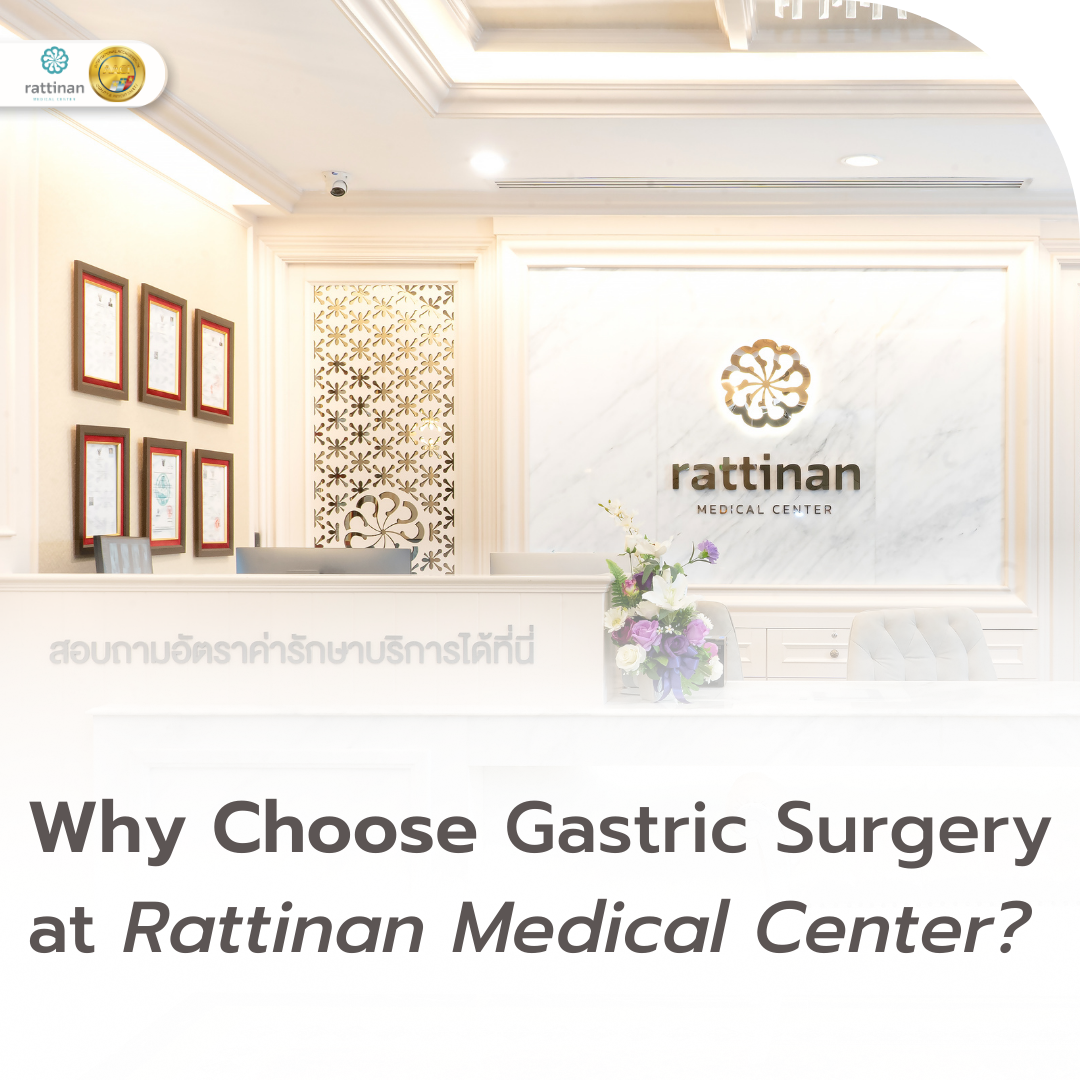




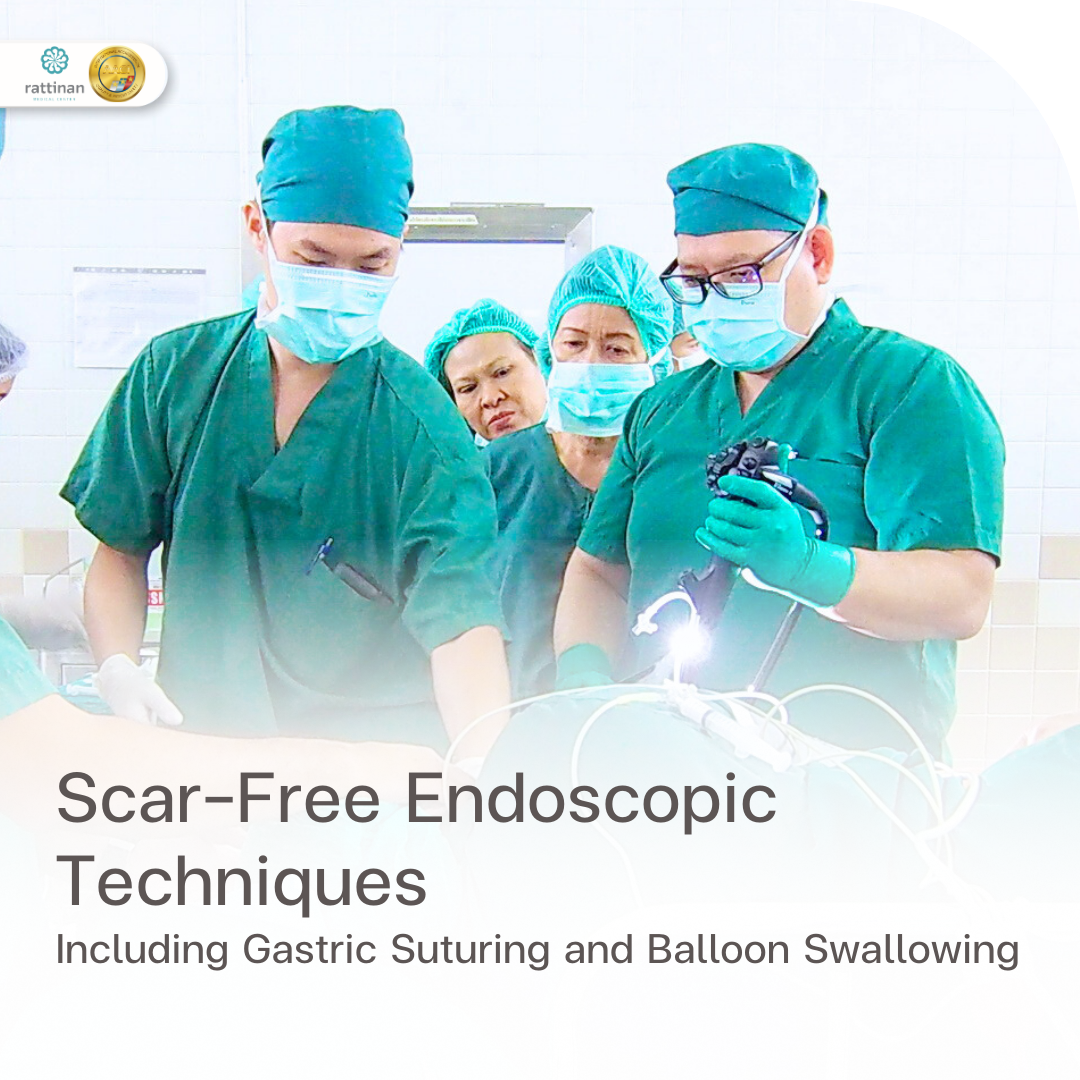
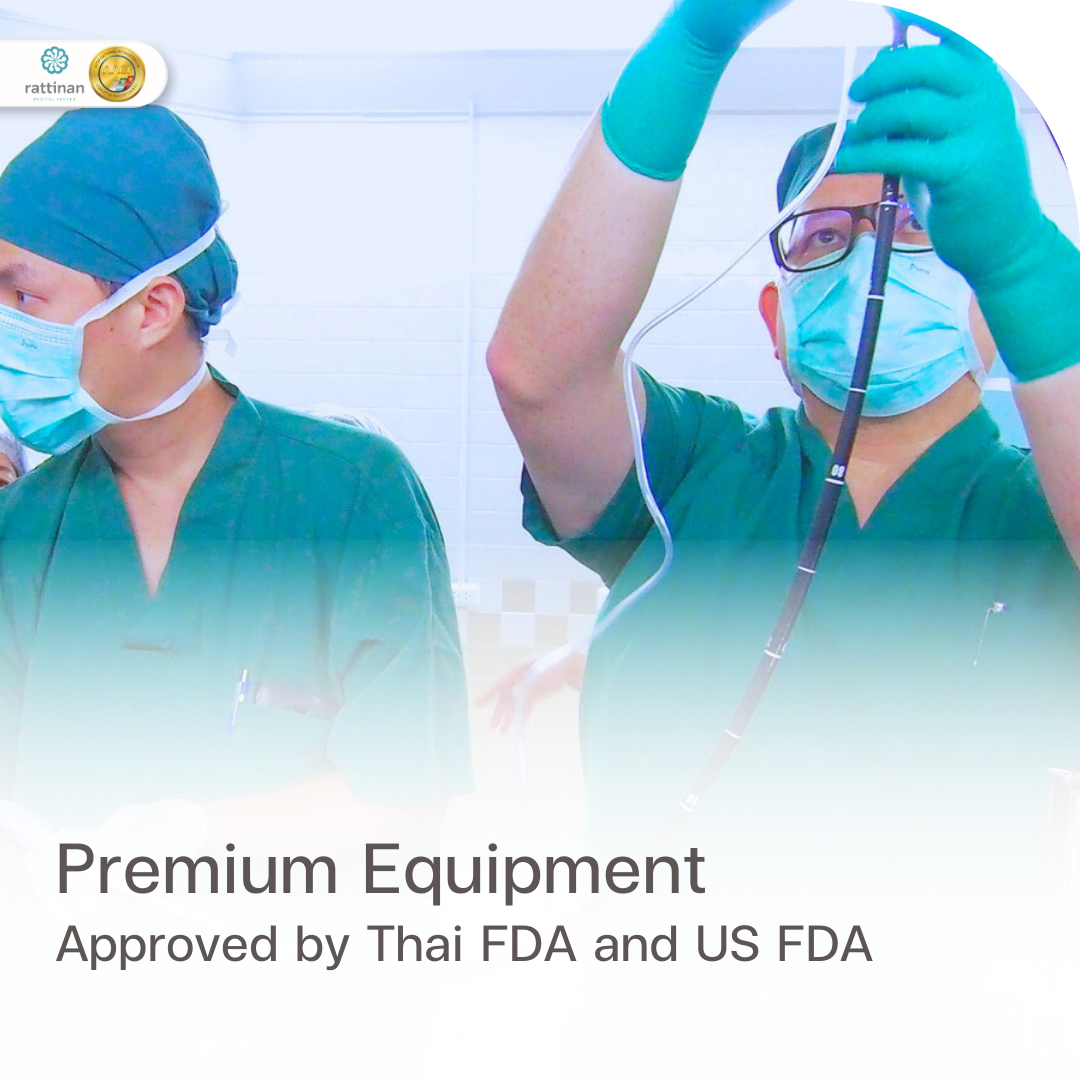
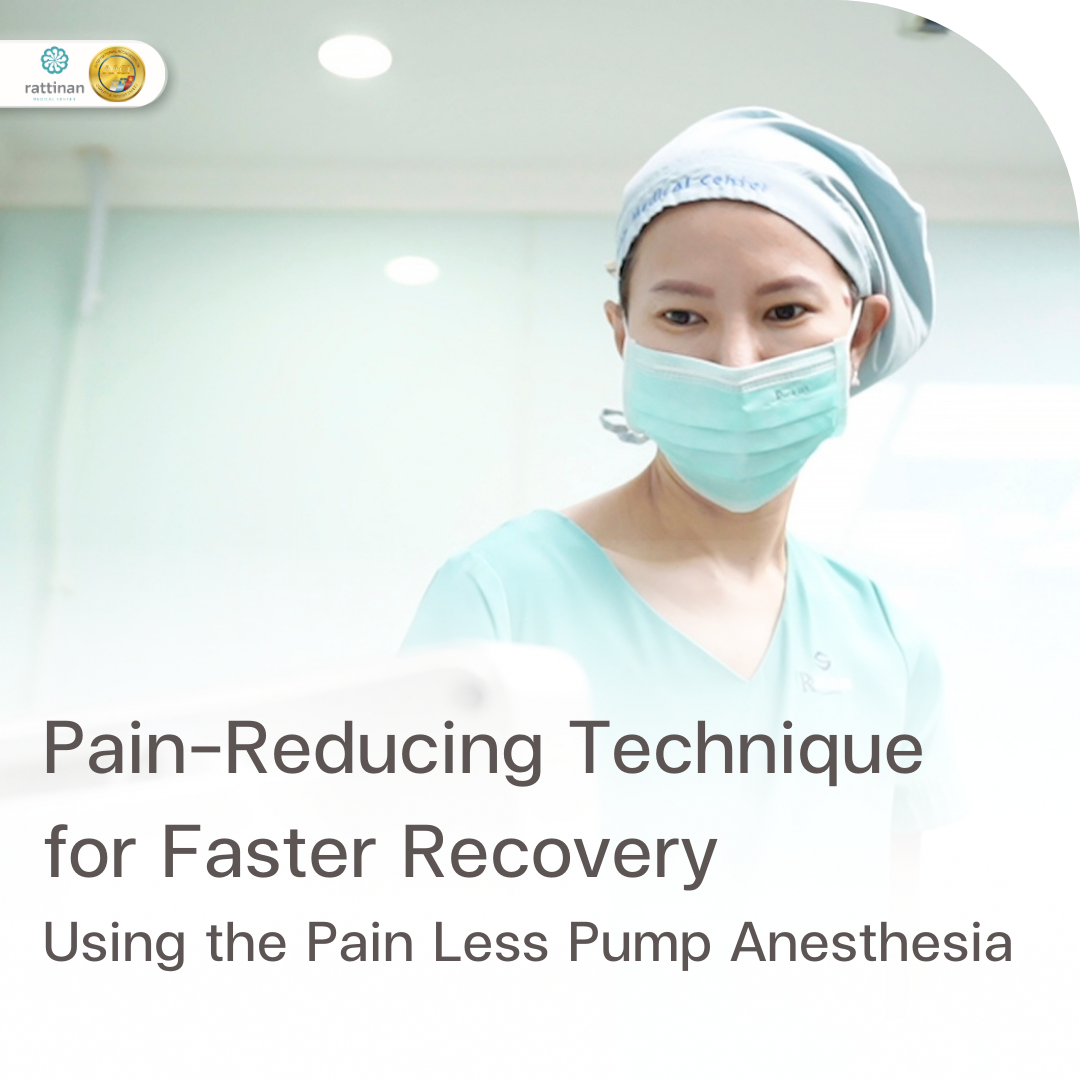

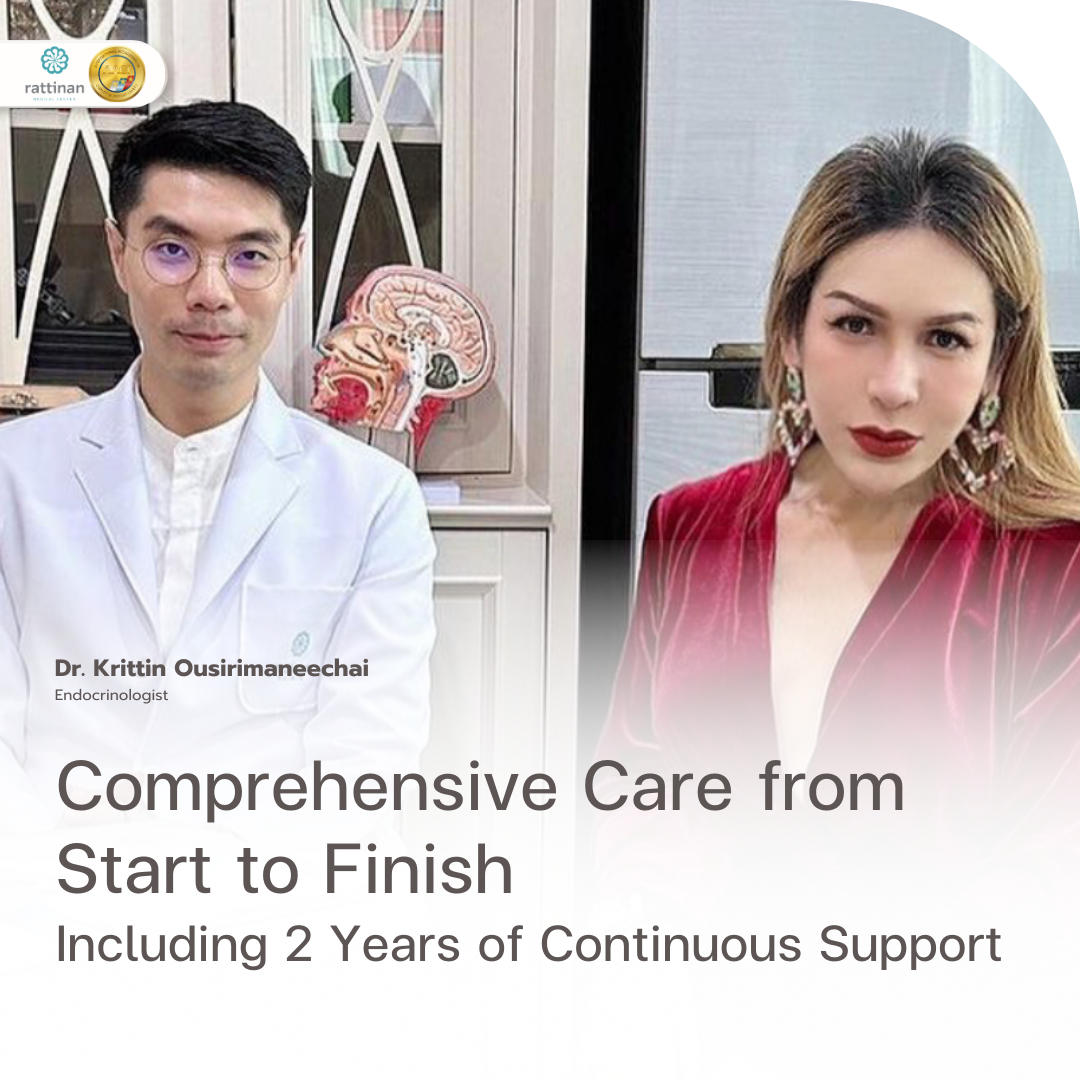


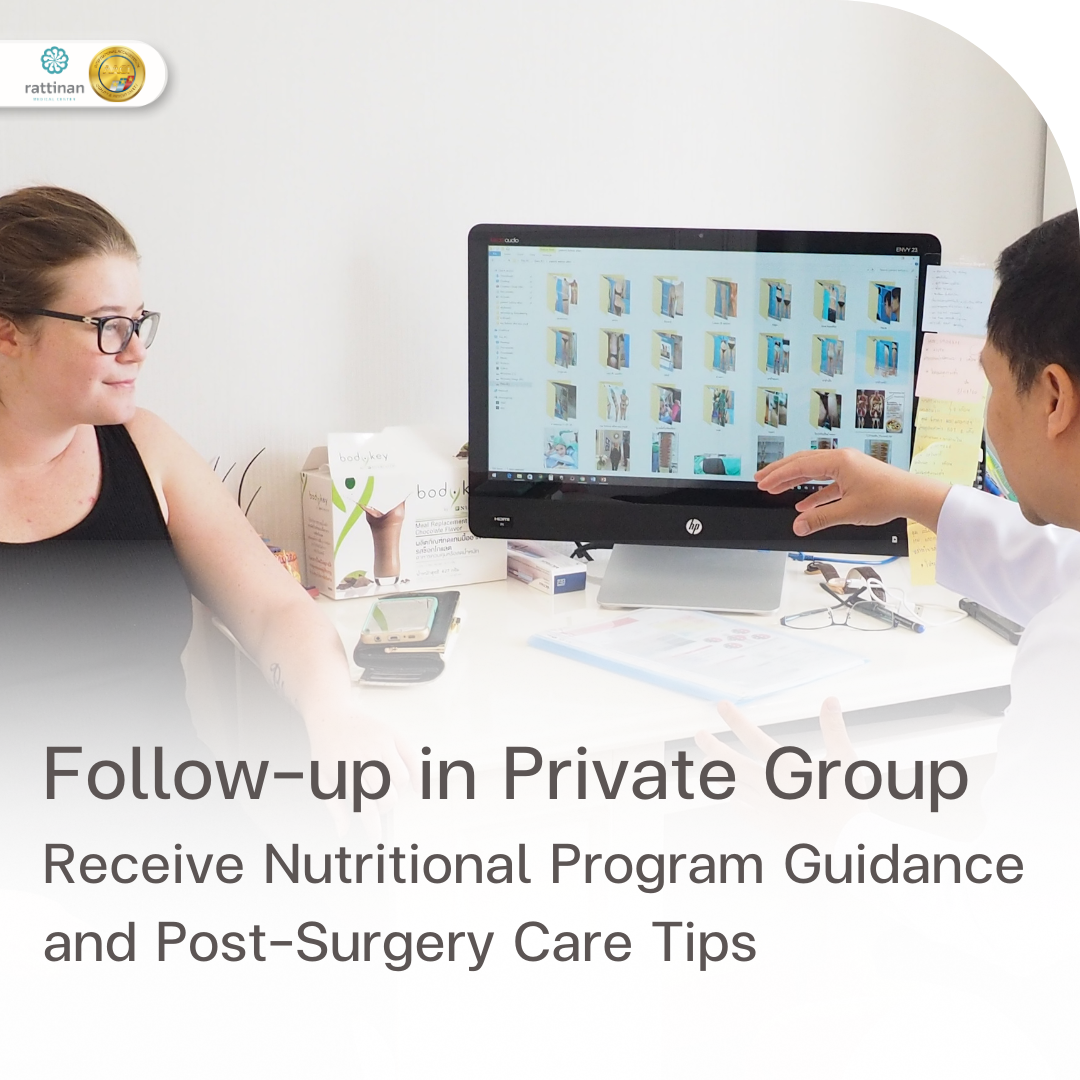
Our Expert Medical Contributors are licensed doctors and specialists who ensure every article is accurate, trustworthy, and easy to understand. Guided by our commitment to safety, care, and confidence, they provide expert insights to help patients make informed decisions. At Rattinan, we believe that knowledge is the first step to transformation.